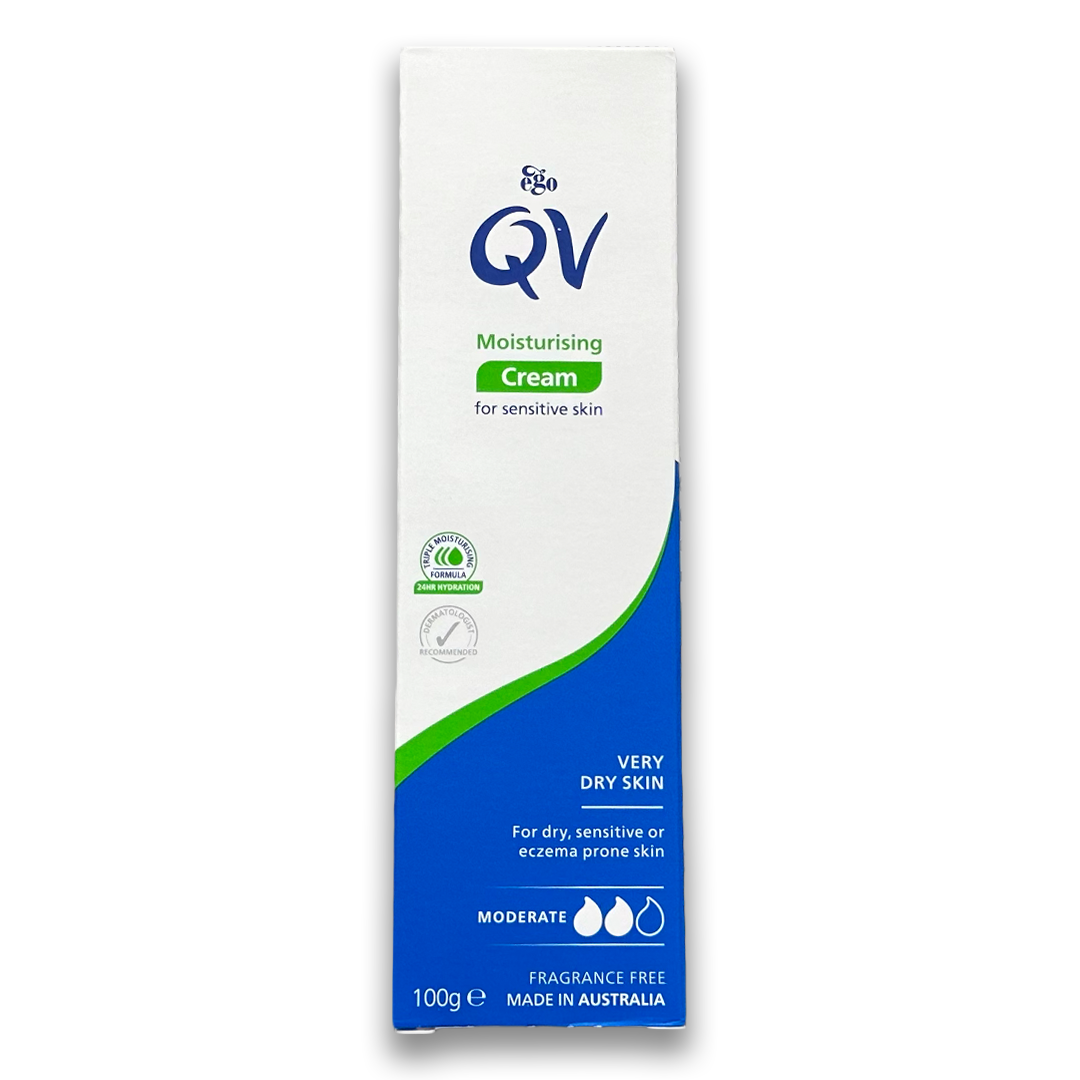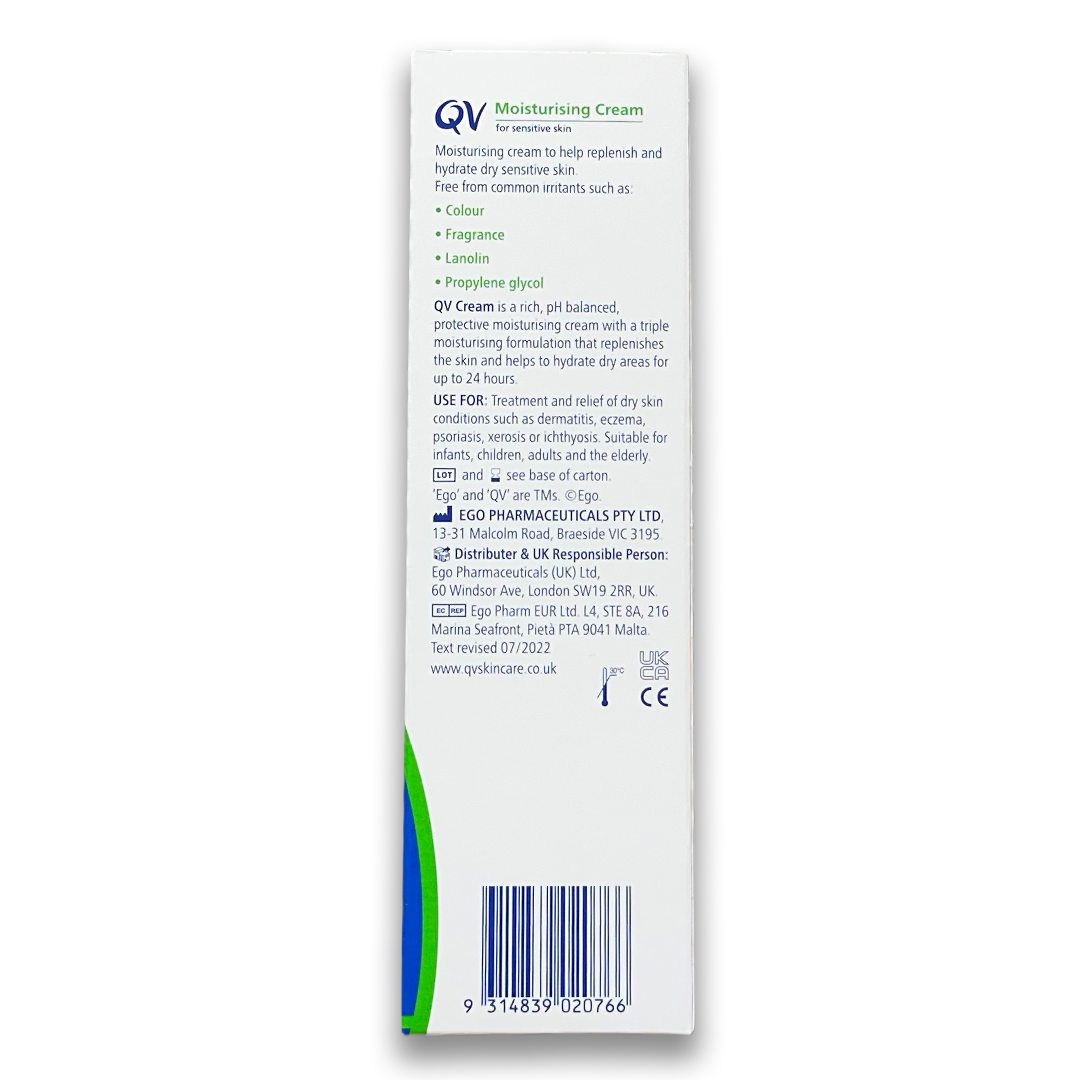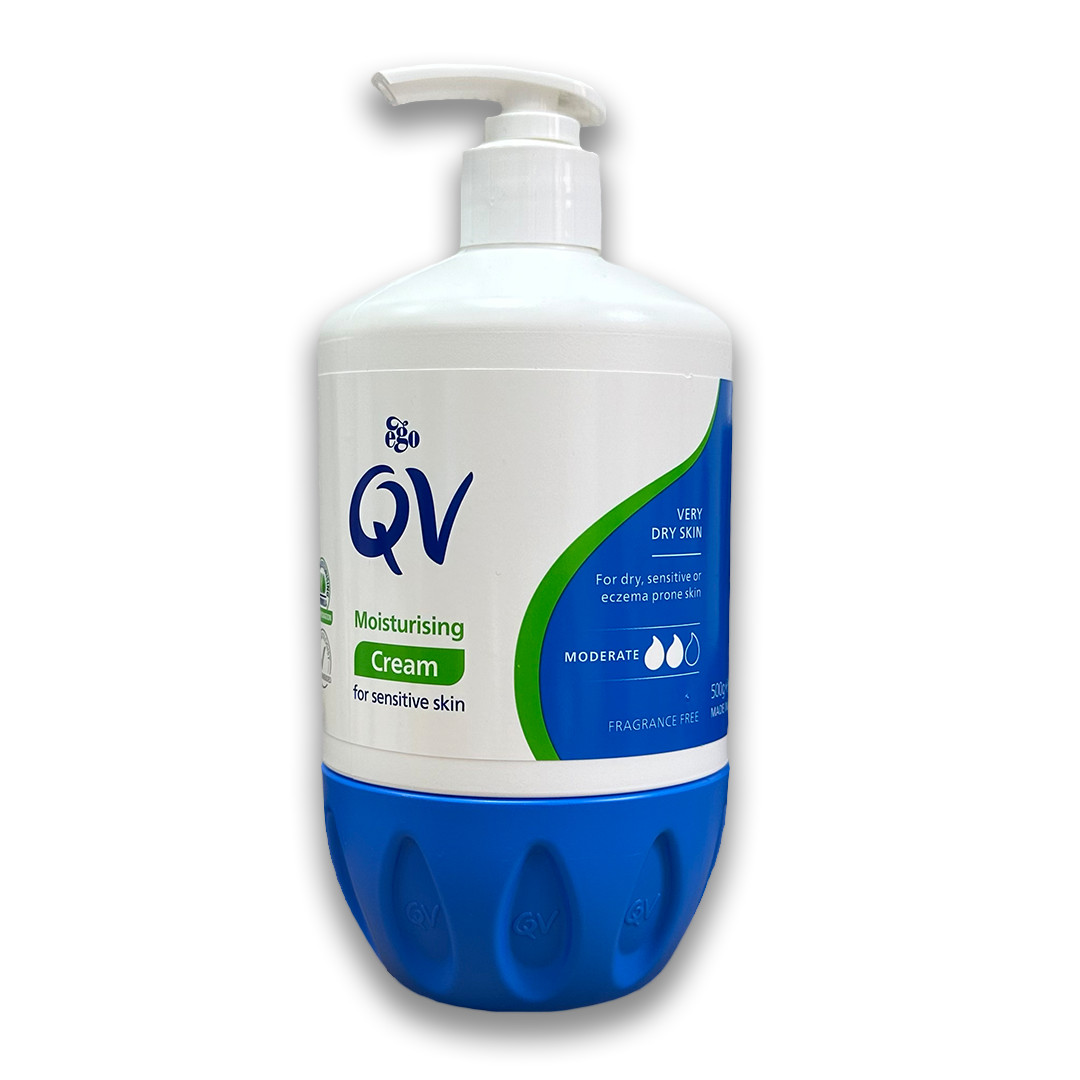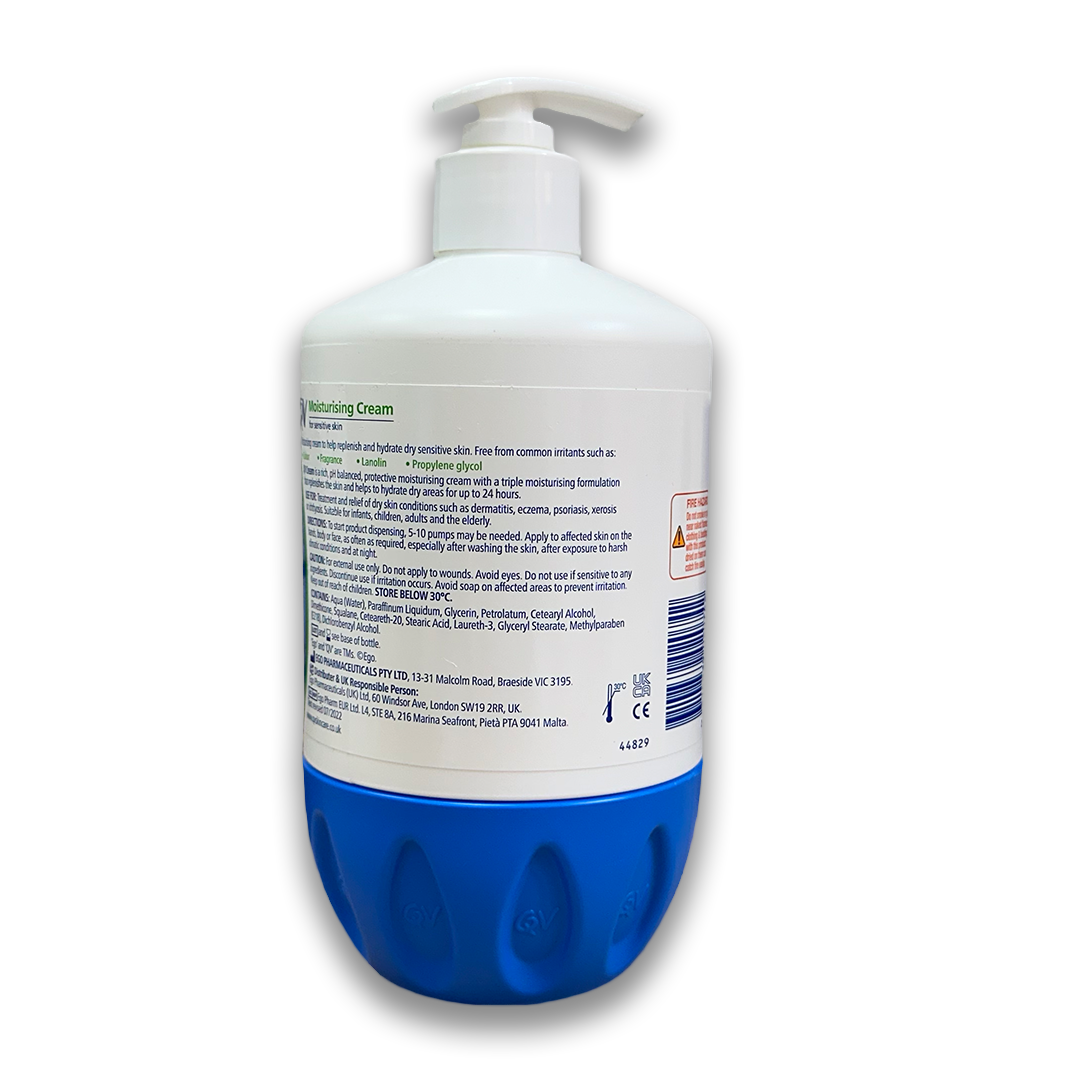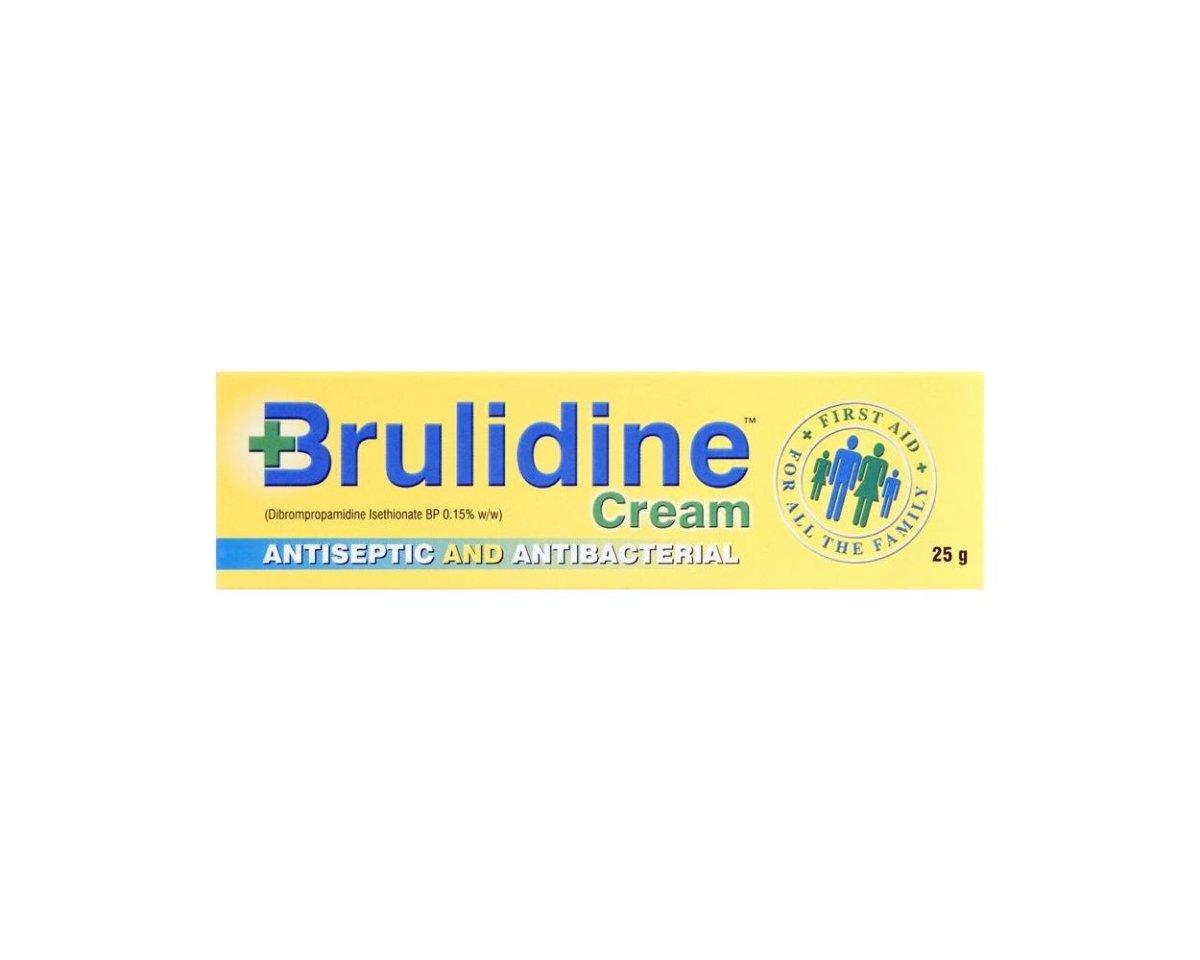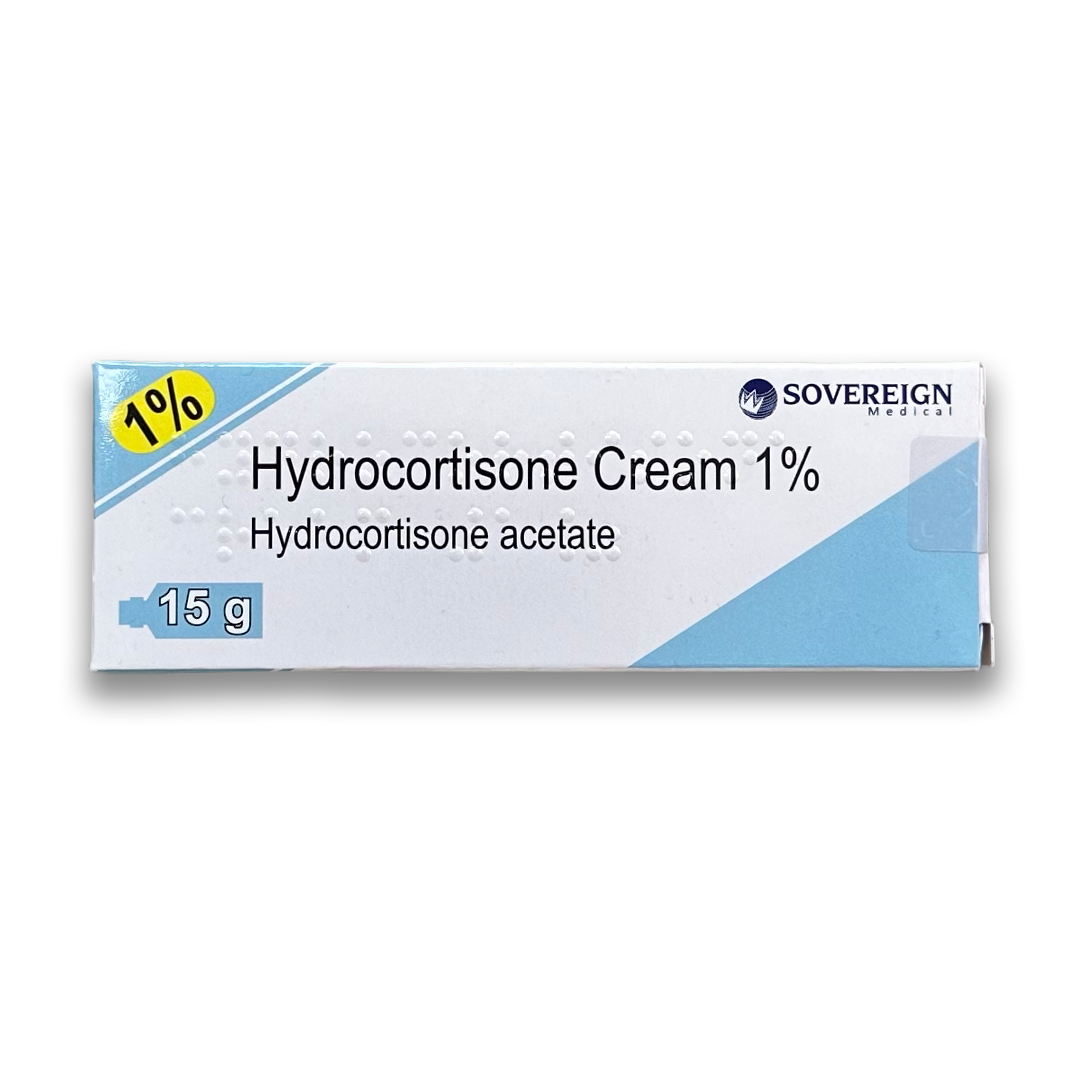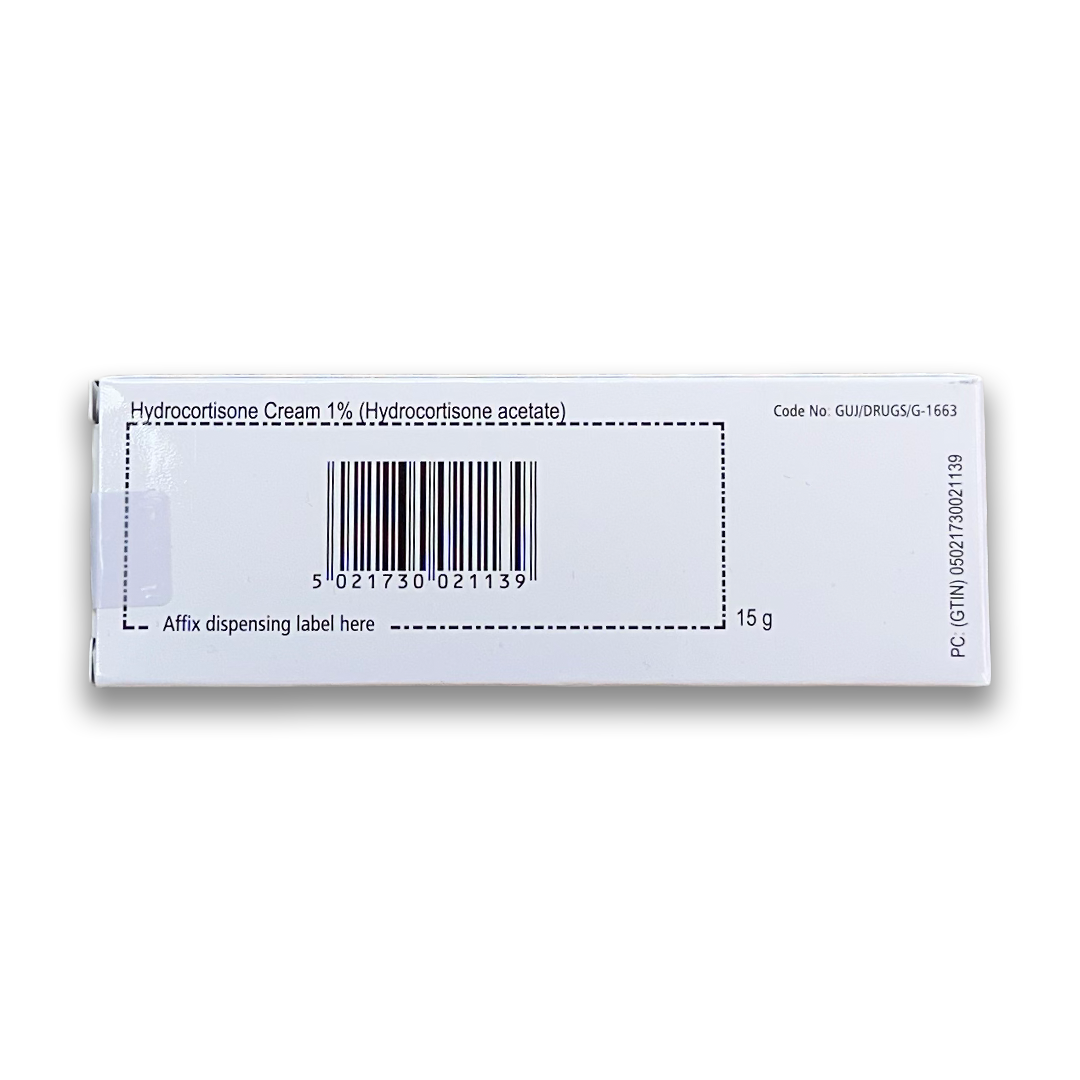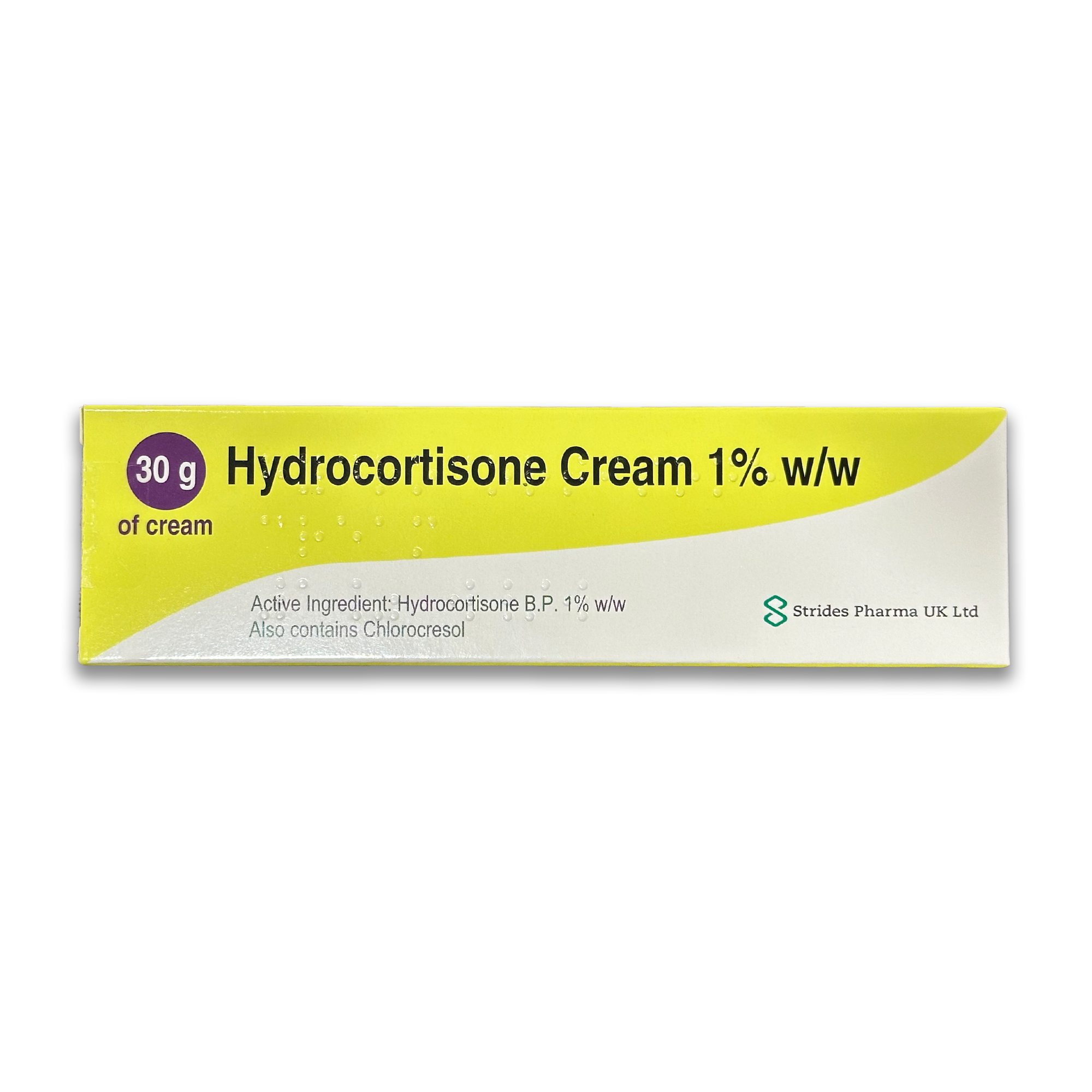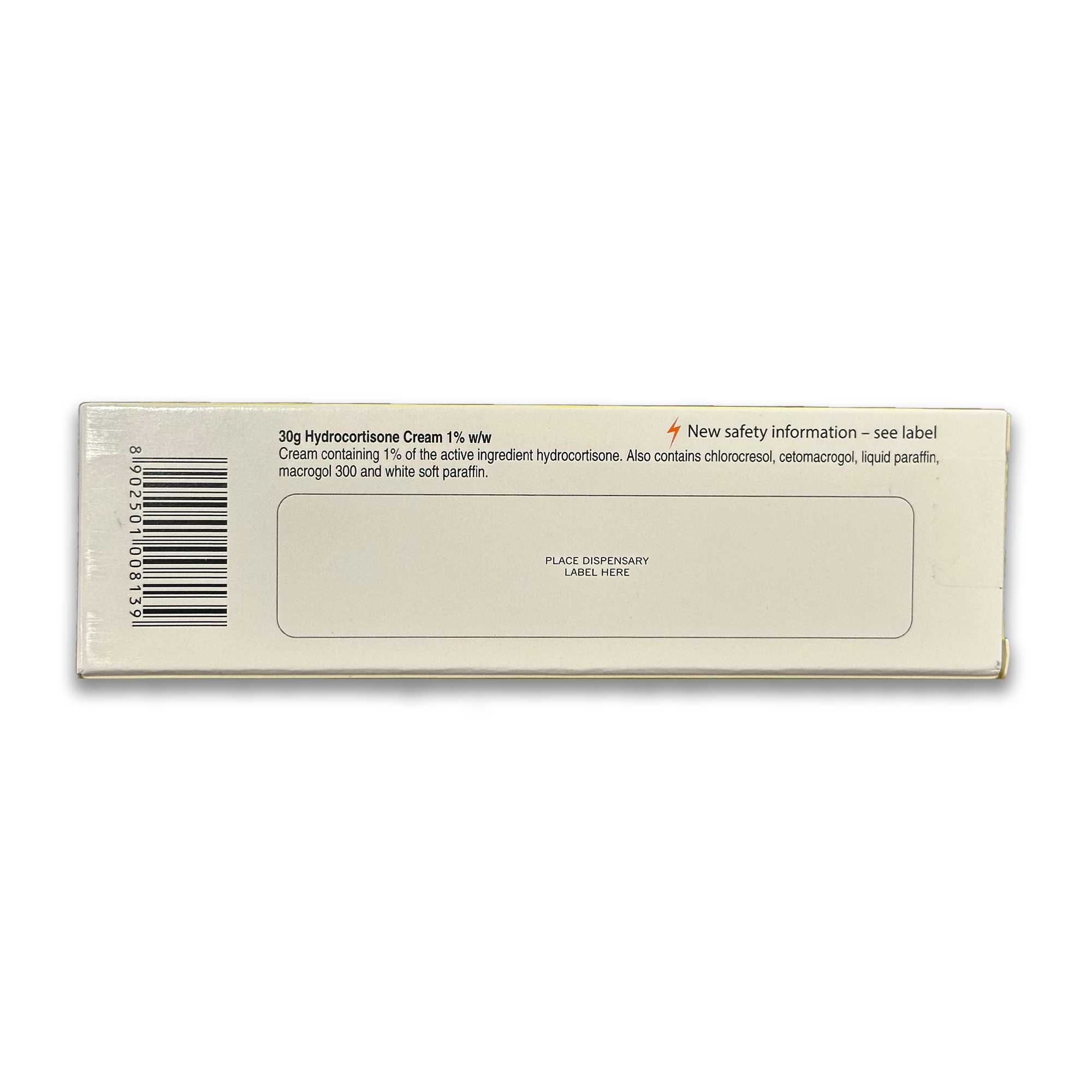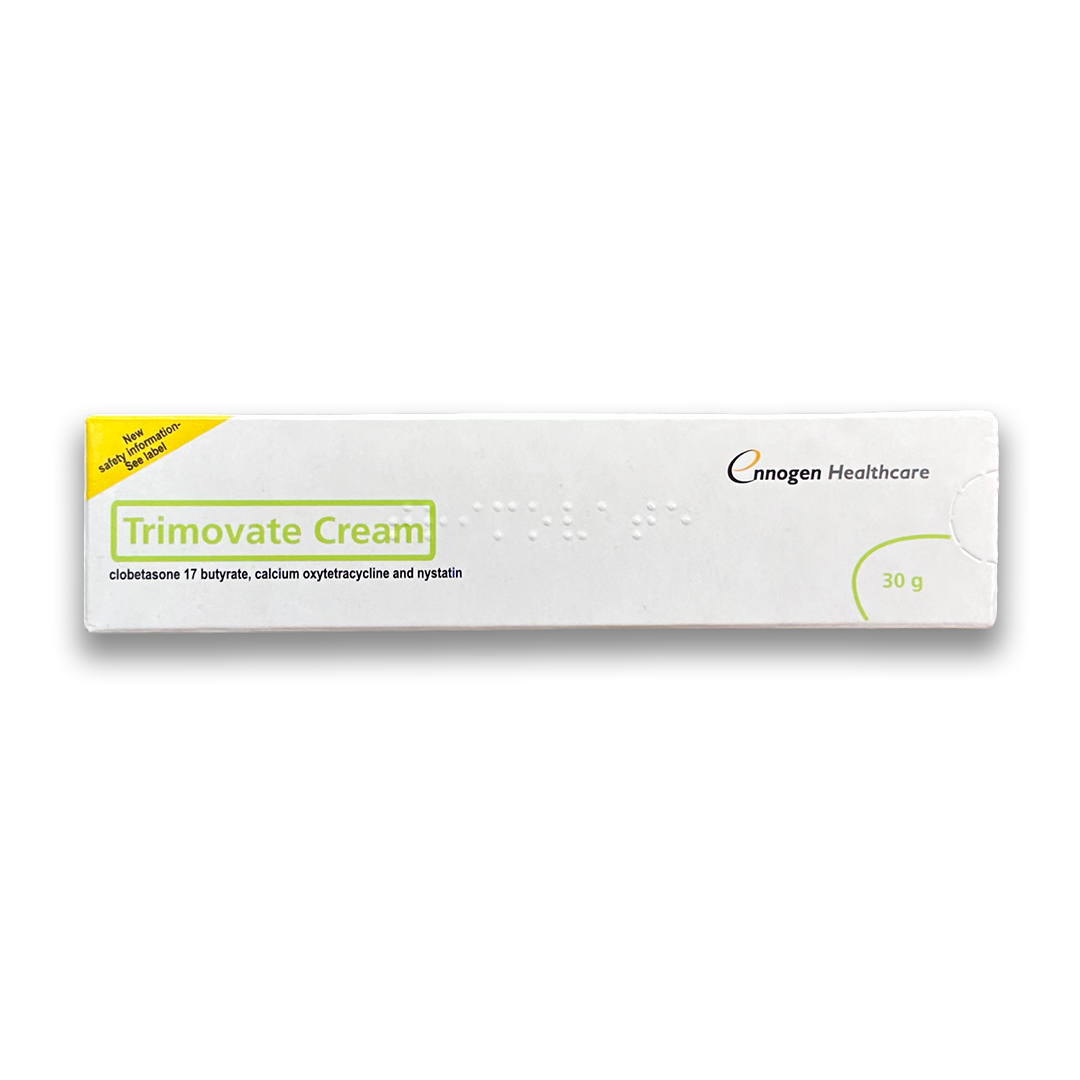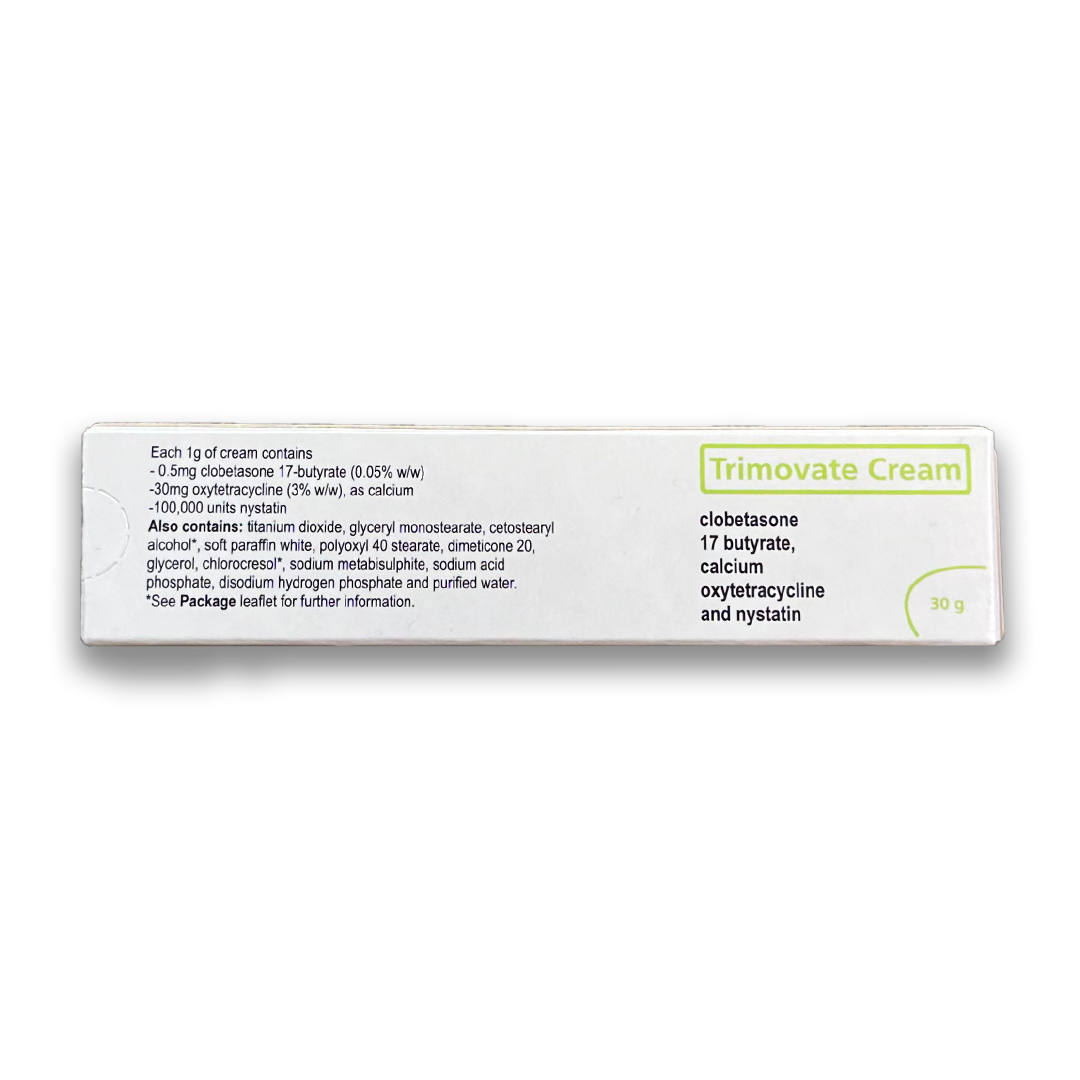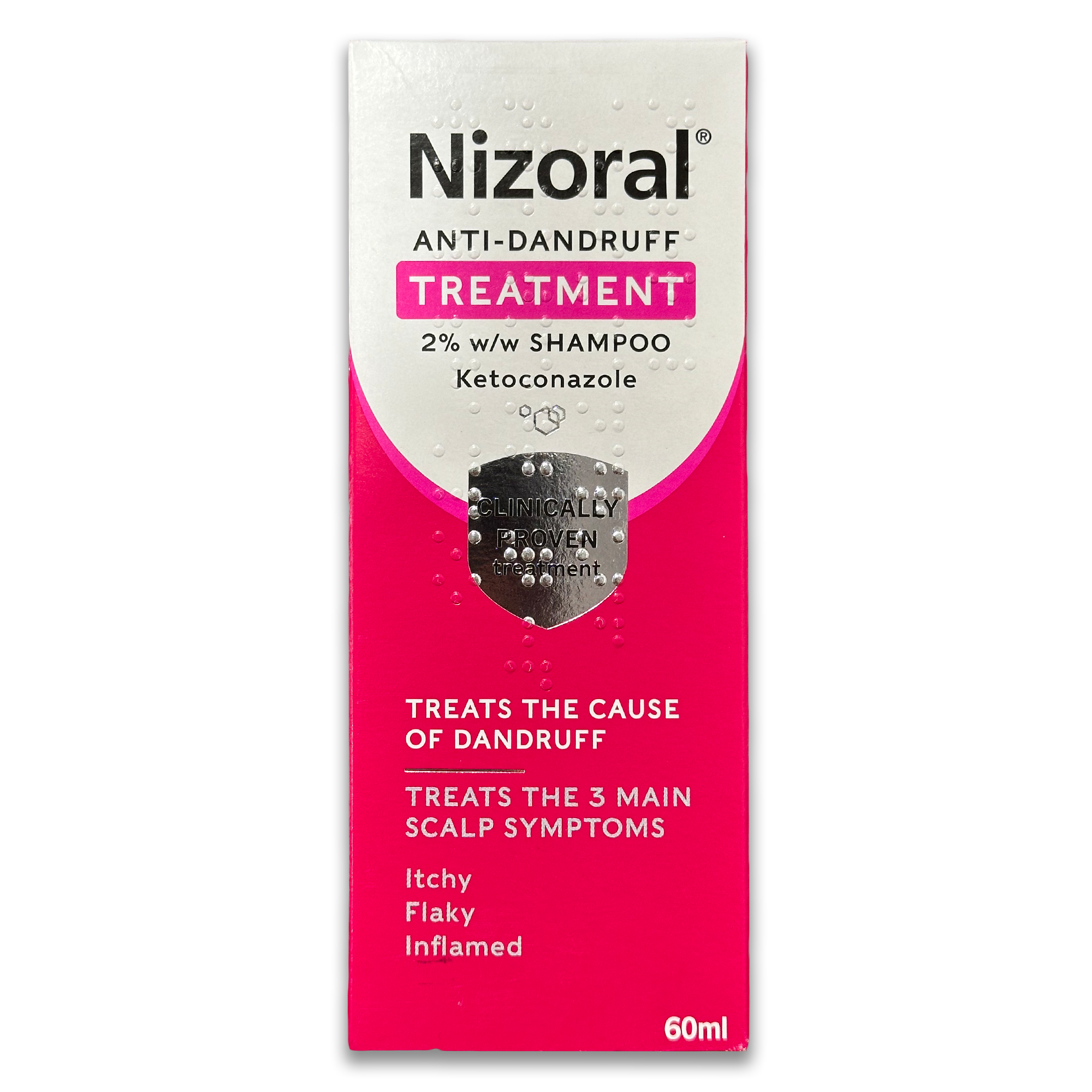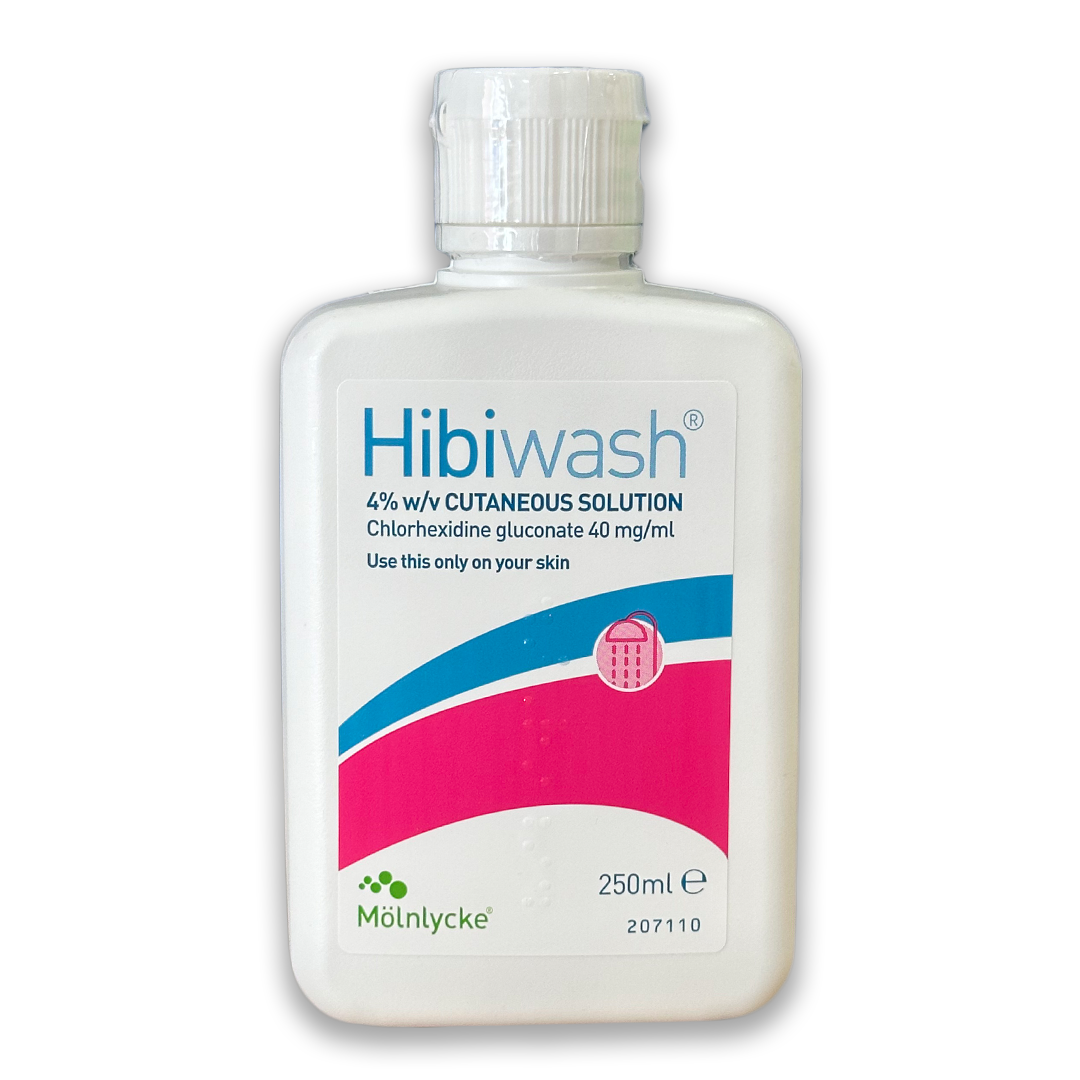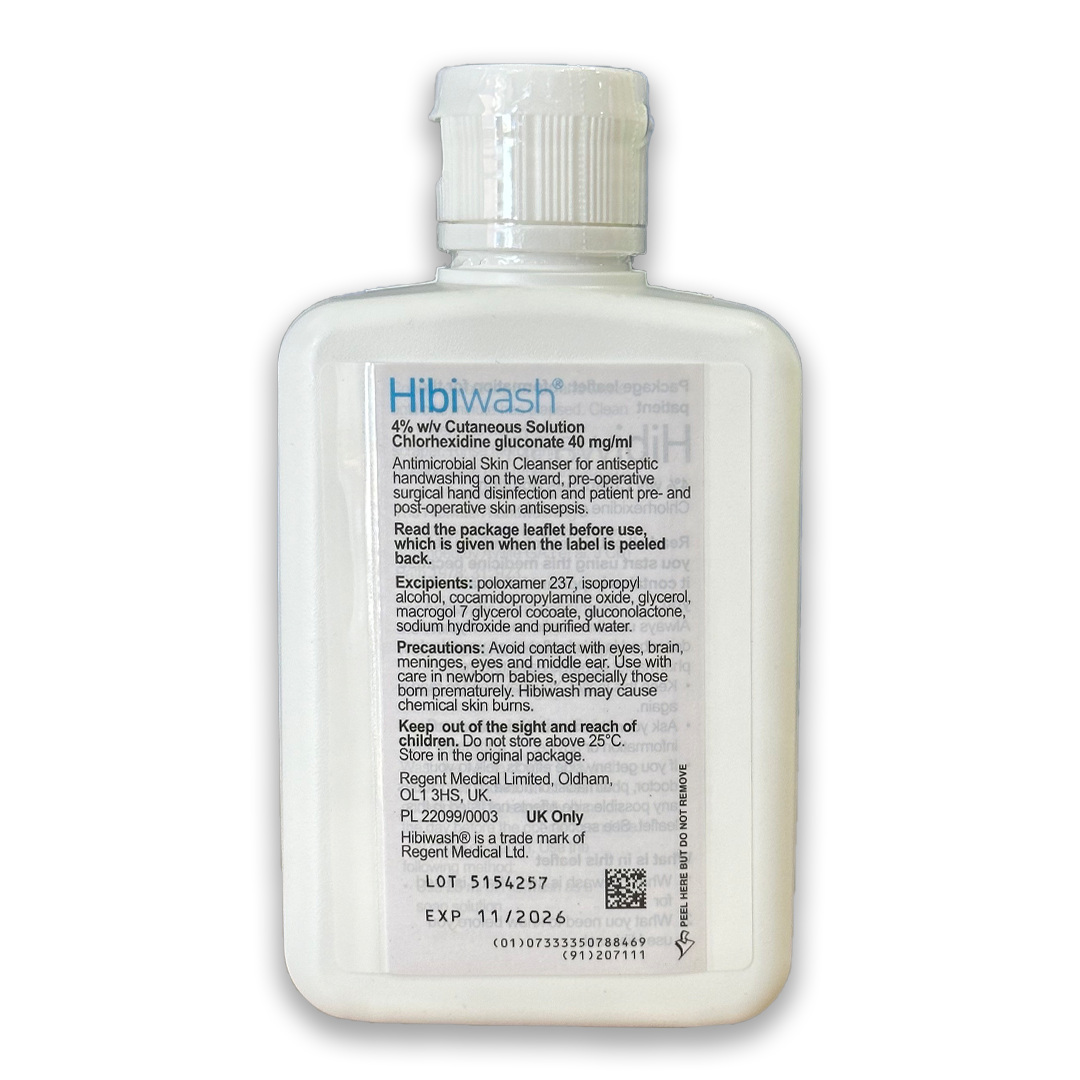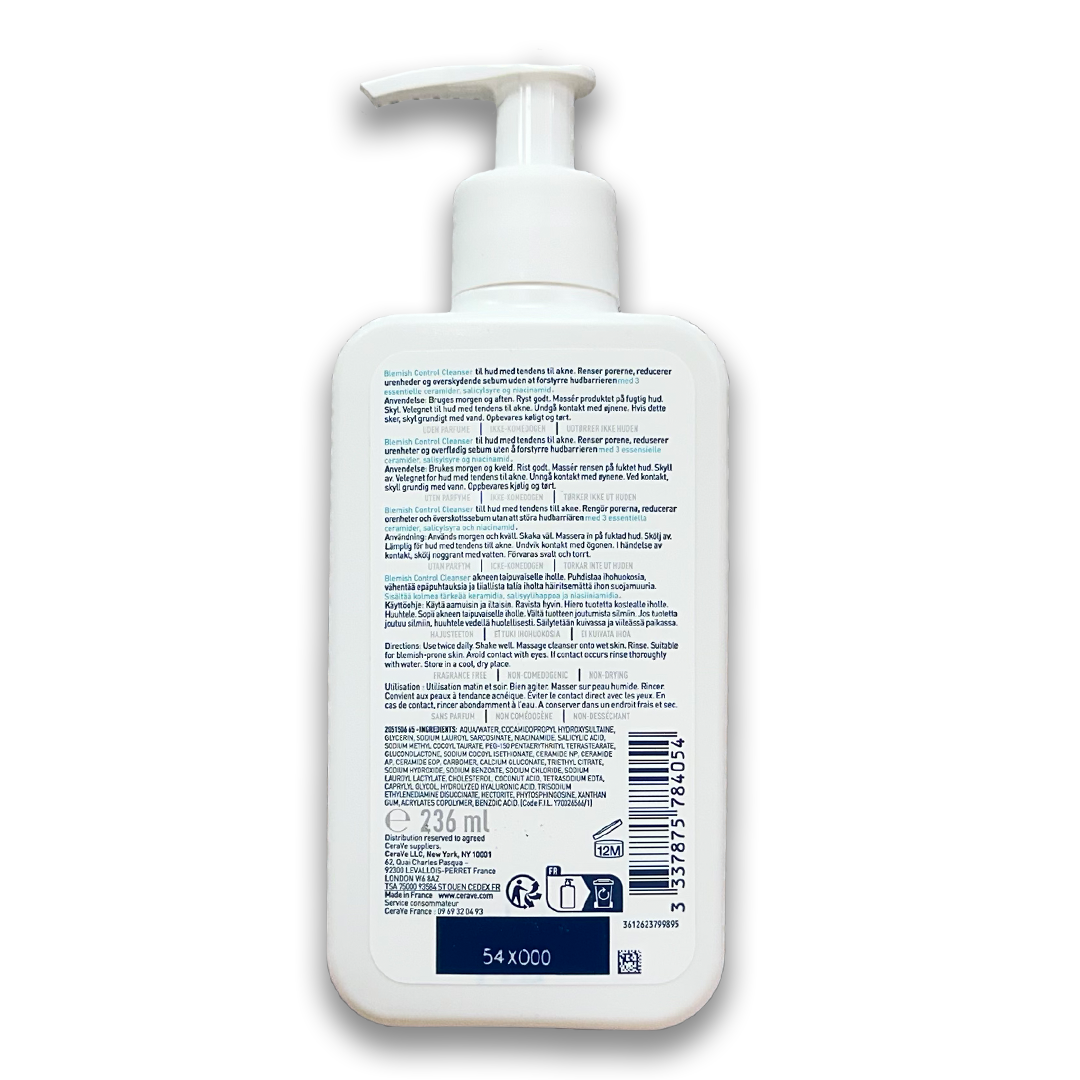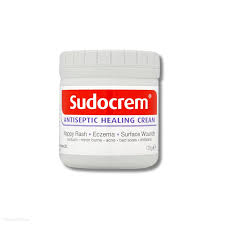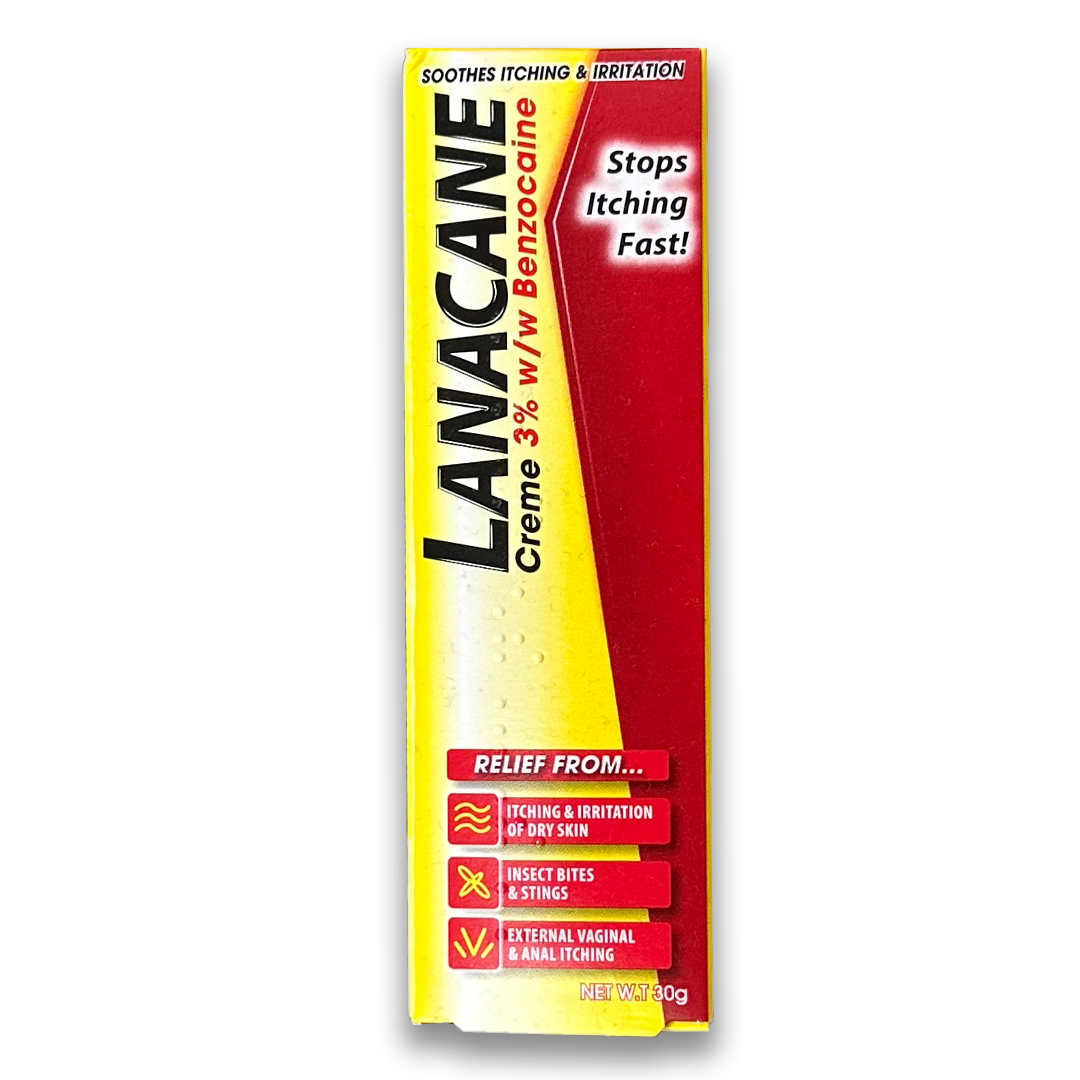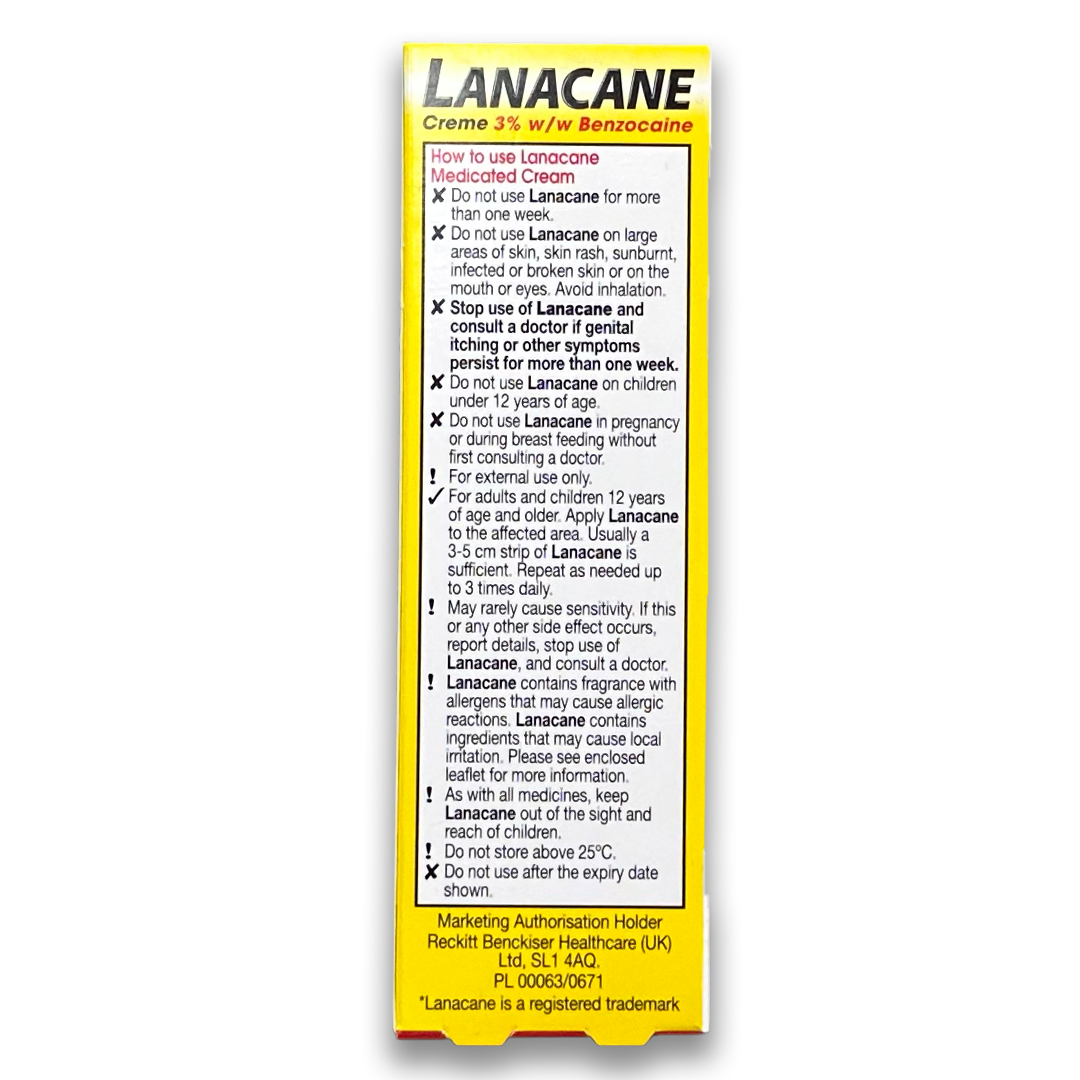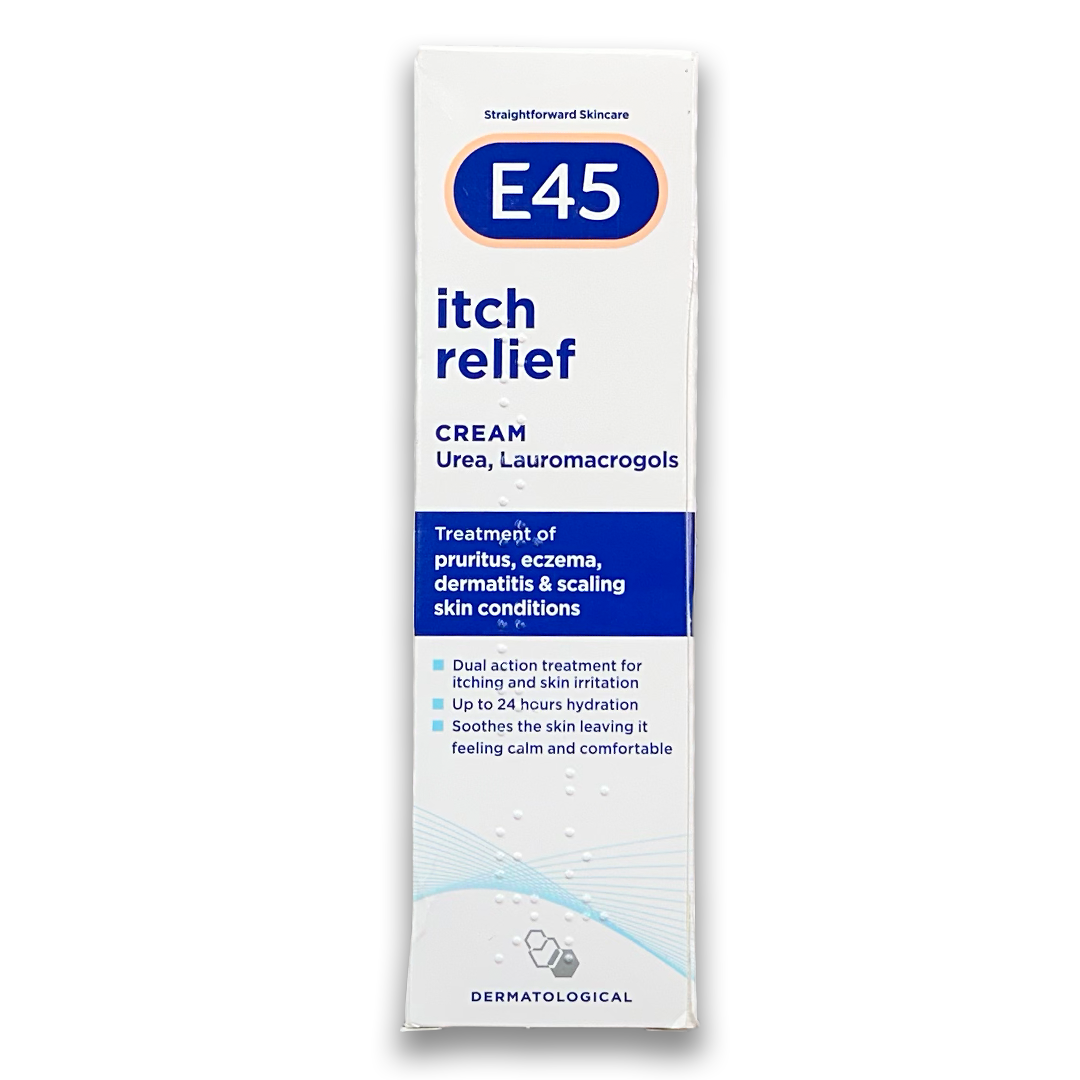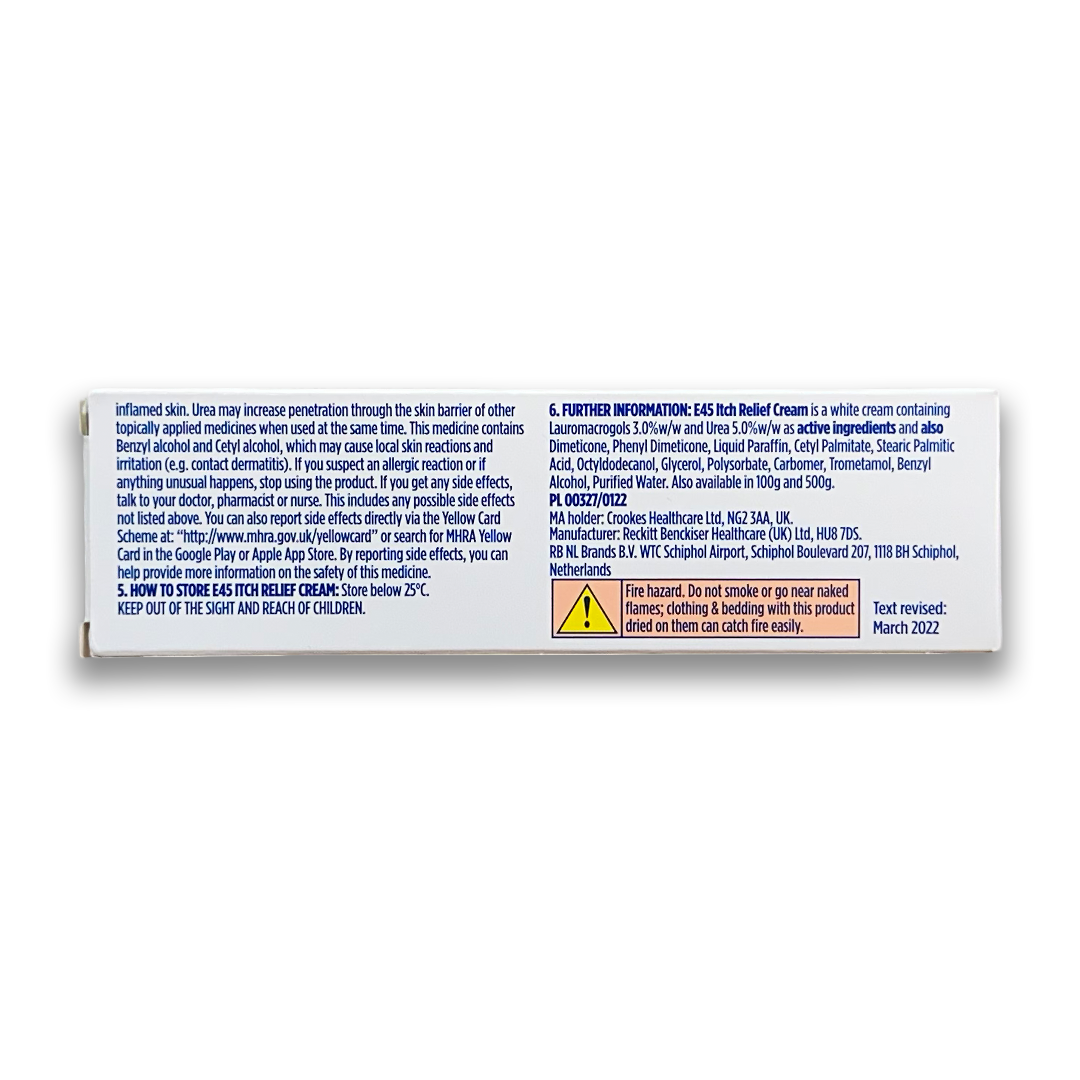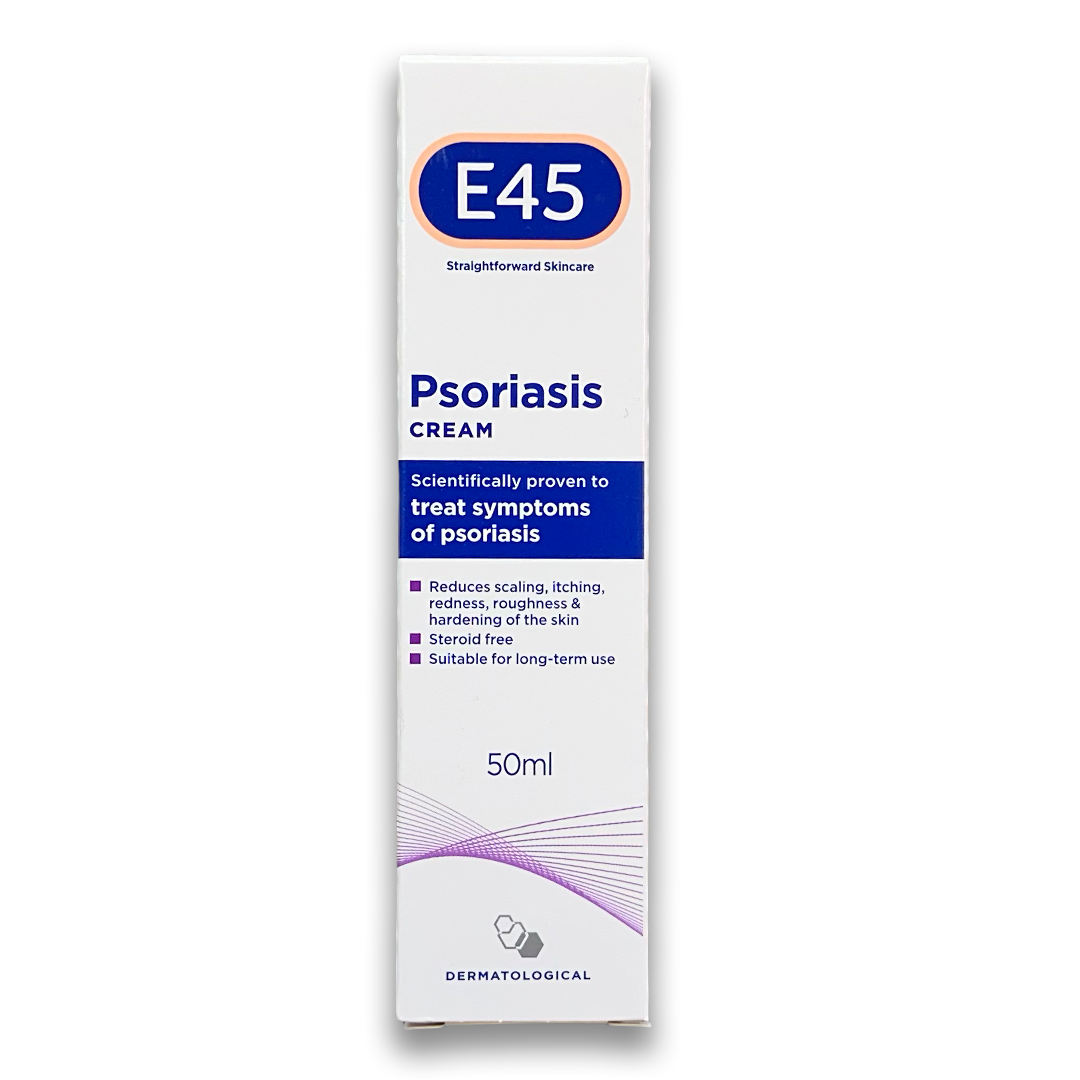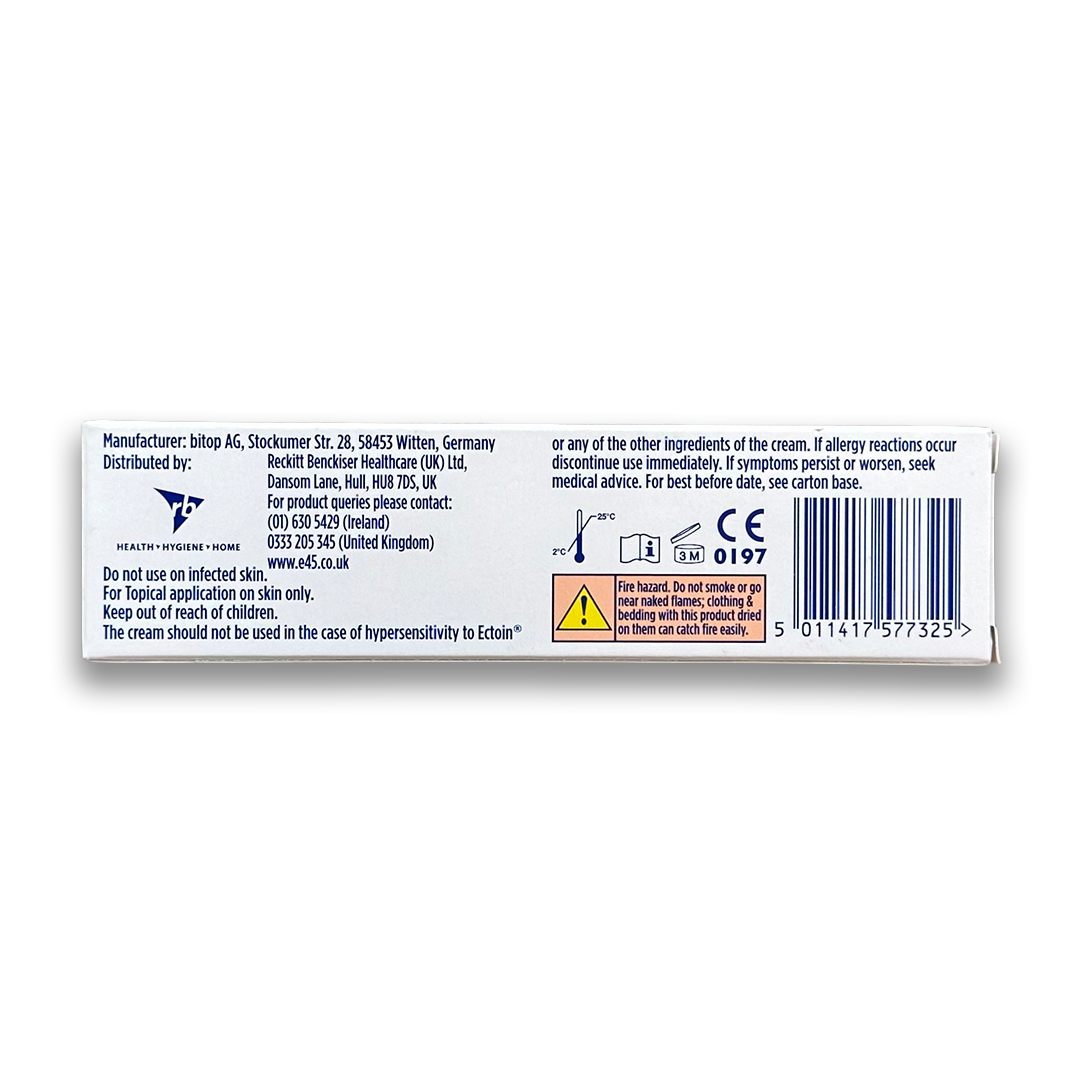Crème cicatrisante antiseptique Sudocrem

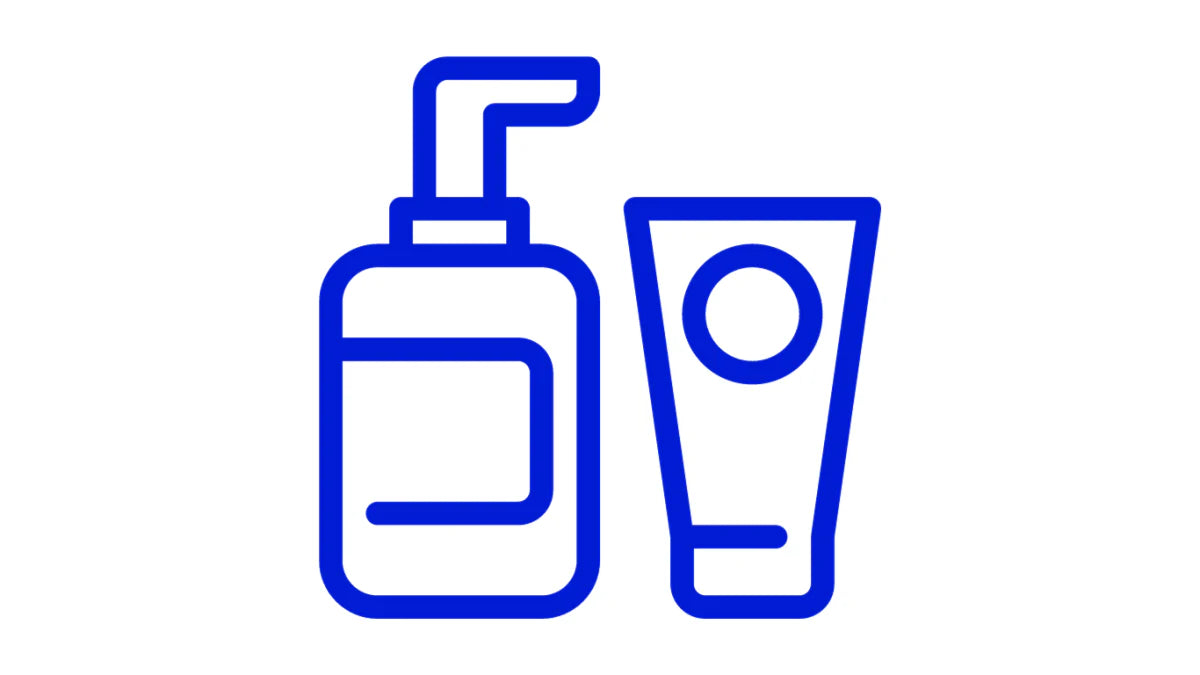
Qu'est-ce que Peau sèche et irritée ?
Prend environ 2 minutes pour terminer.
À propos de Peau sèche et irritée
Causes
Diagnostic
Traitements
La prévention
Plus d'infos
FAQ
Est-il préférable d’utiliser une lotion, une crème ou une pommade pour la peau sèche ?
La peau sèche peut-elle aggraver d’autres problèmes de peau ?
Le vieillissement rend-il la peau plus sujette à la sécheresse ?
Certains tissus sont-ils meilleurs pour les peaux sèches ou sensibles ?
Nous sommes là pour vous aider 👋
Pour obtenir de l'aide, veuillez contacter notre service client à info@rightangled.com. Nous sommes disponibles du lundi au vendredi de 8h à 17h. Pour les problèmes urgents, veuillez ne pas utiliser cet e-mail. Appelez plutôt le 111 ou le 999 en cas d’urgence.

